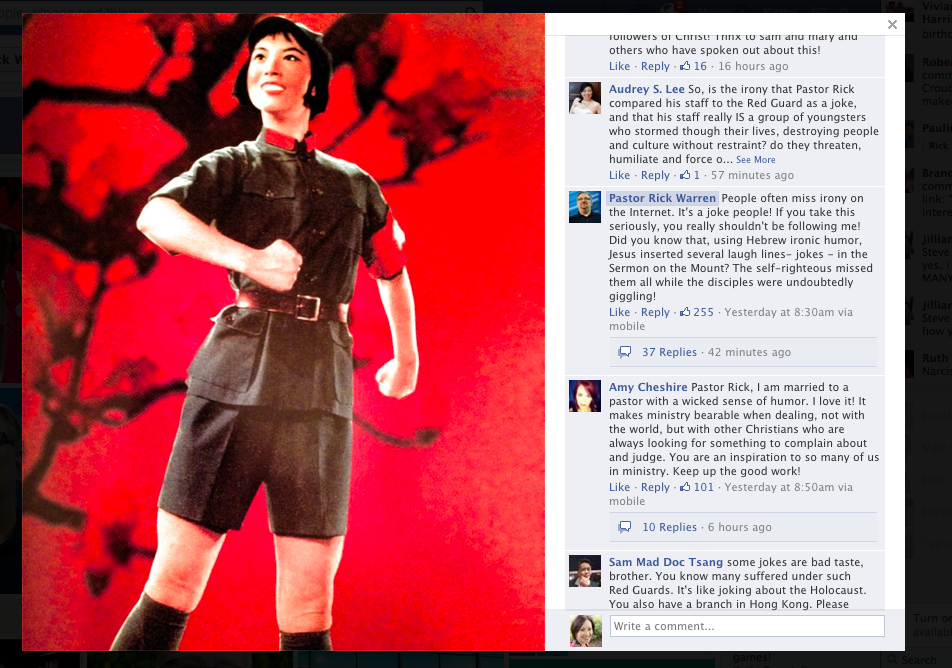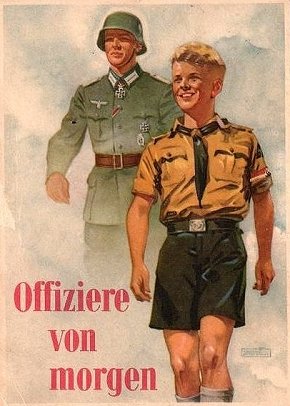A former Navy reservist killed 12 and then turned the gun on himself yesterday, so why on earth am I still blogging about racist comments directed at Miss America 2013 Nina Davuluri?
Because even things that don’t seem to matter can give me an opportunity to pause, learn, reflect, and apply to life. And everything I learned about beauty pageants I learned from the Bible before I watched my first Miss America pageant.
Felt-board Queen Esther became queen because her predecessor, Queen Vashti, refused her very drunk husband’s order to display her beauty to all the people, despite the fact that she was busy doing her own thing (Esther 1:11). King Xerxes and his wingmen/wise men decide she must be punished because if the queen can refuse to prance around in front of his drunk highness and his drunk friends then all women in the kingdom would assume they too could refuse their drunk husband’s requests. In order to put all women back in their place, a proclamation announcing the queen would be replaced and that every man should be ruler over his household (Esther 1:22) is sent to the entire kingdom “to each province in its own script and to each people in their own language”.
Esther becomes queen because she is beautiful and because she keeps her family background and nationality a secret. I don’t know what the Persian beauty standards were at the time, but Esther isn’t Persian. She is Jewish, and she hides it. And because she is beautiful she is rewarded. Sort of.
She wasn’t crowned Miss America. Miss America gets scholarship money, a national platform for a year for the cause of her choice, and the support and scorn of a country that worships and destroys all forms of beauty. Esther was crowned queen in title with no power, no platform. Would it be too crude to say she was a sex slave who was called into the king’s presence whenever it pleased him to see her? Or should I write “see” her? The kind had a type – beautiful virgins – and he liked to keep several around and name one queen. One day it’s Vashti, and then the next it’s Esther. It’s a man’s world, and it’s rolling with beautiful women.
And that was part of the lesson I learned growing up – Queen Esther and Queen Vashti were beautiful, and there is a great deal of power and danger in that. You are set apart if you are beautiful. You are desirable if you are beautiful. And sometimes you have to hide who you really are to be considered beautiful. And then I learned all of that from the world around me, except that there were too many things I couldn’t hide. I couldn’t hide my “almond eyes” or flat nose. I couldn’t hide my un-American last name or the smells from my home. I couldn’t hide my brown hair and brown eyes. And as a little girl I played with dolls and watched beauty pageants – faces that never, ever looked like me or my mother or sister or aunt or anyone in my family. I was a chink and a gook and a jap. I was told to back to China, Japan, Viet Nam, but never Korea because most of my classmates had not yet learned of the Korean conflict. Even in high school I heard those words coupled with other profanity and saw words written on posters when I ran for class president. Some things you never forget because it’s important to remember. Kids are kids, but kids grow up to be adults to are examples to others…
Fortunately God does a lot of redeeming in my story and in Esther’s story. For Esther to find real power in her God-given identity she has to claim what she has hidden and denied. Her uncle, who once told her to hide her identity as a Jew asks Esther to use whatever power and access she has to speak out for her people, to speak out for what is right. Her uncle never says he was wrong, but he is asking to behave differently. She has to side with her people who are under threat of genocide, by defying the rules. She must risk death by approaching the king without being invited and hope he welcomes her, recognizes her (because it’s been more than a month since the king has seen this particular queen). She finds her voice, her identity, her power, and she speaks out against genocide, against the racist hate mongering, and she does it with strength and conviction and grace.
I’m still writing about the racist comments that may have disappeared in the constant flow of tweets, FB statuses and 24-7 news outlets because the Miss America pageant, as outdated, bizarre and sexist as it seems, the idea is as old as time. It’s as irrelevant and sexist as it relevant and sexist, which is to say I have no idea how God might redeem the Miss America pageant, but it’s not beyond God to do such a crazy thing. I’m not particularly fond of nor a fan of the pageant, but honestly if I could have won thousands of dollars in scholarship money because of my beauty I would not have thumbed my nose at that chance. And according to a PBS documentary on the Miss America pageant, someone like me or Ms. Davuluri or Vanessa Williams couldn’t have participated in the pageant in its heyday anyway.
But now we are a post-racial society with a lame duck, second term African American president and a Miss America of Indian descent.
The racist comments thrown at a beauty pageant winner matter because even if the laws say we belong, our neighbors, the ones I as a Christian am supposed to love, are spewing hate. My neighbors, who may even claim faith in the same God and Jesus I do, are the brothers, sisters, mothers, fathers, friends and neighbors, of people who are using violent, ugly, racist language to remind me and millions of other Americans we don’t belong, are not welcome, are less than. Some of my neighbors are wondering why I’m spending so much time on Miss America when 12 people lost their lives in a shooting in Washington, DC.
It’s not either or.
You may not be on Twitter, but that doesn’t mean racism doesn’t exist. There are racist tweets about the shooting in DC just like there were about the new Miss America. Did you hold your breath when you heard about the shooting and hope, “Please, don’t let the gunman be White.”? (If you don’t understand the question, just trust me. There were plenty of Americans, Christian and not, who were hoping that the gunman wasn’t Black, Brown or Yellow.) The gunman, the murderer? He was Black. Did you hold your breath when you heard about the new Miss America and think, “It won’t be long before the racist comments hit the airwaves.”? (Are you thinking, “Why would anyone think that?” Trust me. There were plenty of Americans, Christian and not, who knew this racist stuff was going to happen.) The pageant winner? She is Brown. You can be the beauty or the beast but in America neither is safe from the vicious words and hearts of some of my racist neighbors. You can’t win.
But this isn’t about winning anymore than Esther’s story is about winning. What I also learned in the Bible is that God invites the most unlikely people in the most unlikely circumstances to do the most unlikely things. So who knows what is to become of the Miss America pageant or Twitter or who will be the heroes and the villains in the next tragedy. Esther’s story is about speaking truth, stepping out in faith, fighting for justice, finding your voice, leaning on others, owning your power and space, even if you think it’s crazy, or not your place, or something you’re really not interested in getting involved in right now because it isn’t your thing like risking your life or your reputation or your time on something as little as few hateful, vicious words written in English about someone who is my neighbor.


